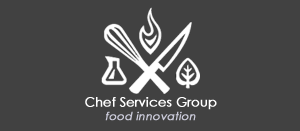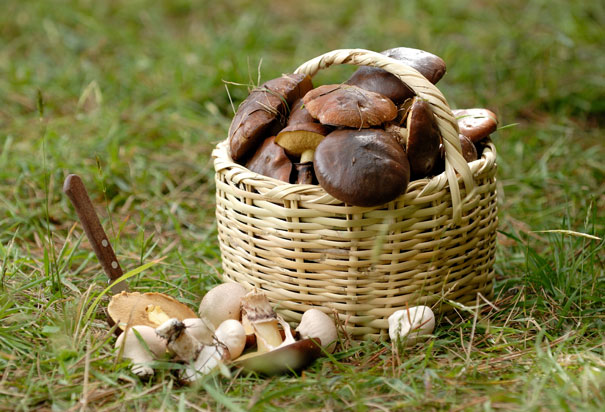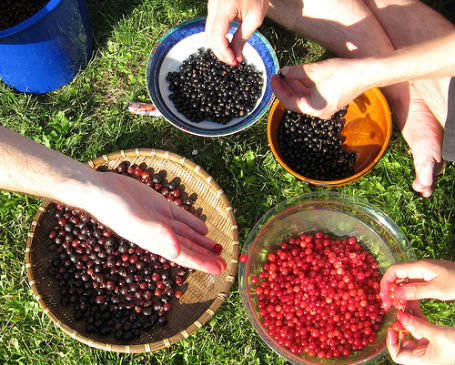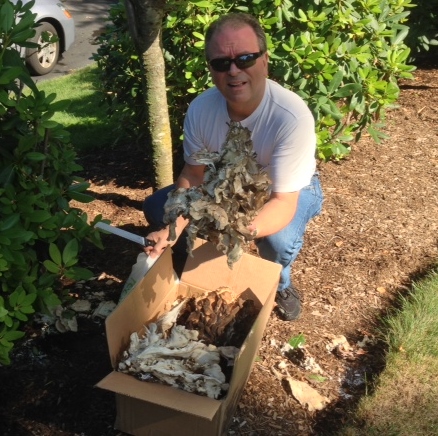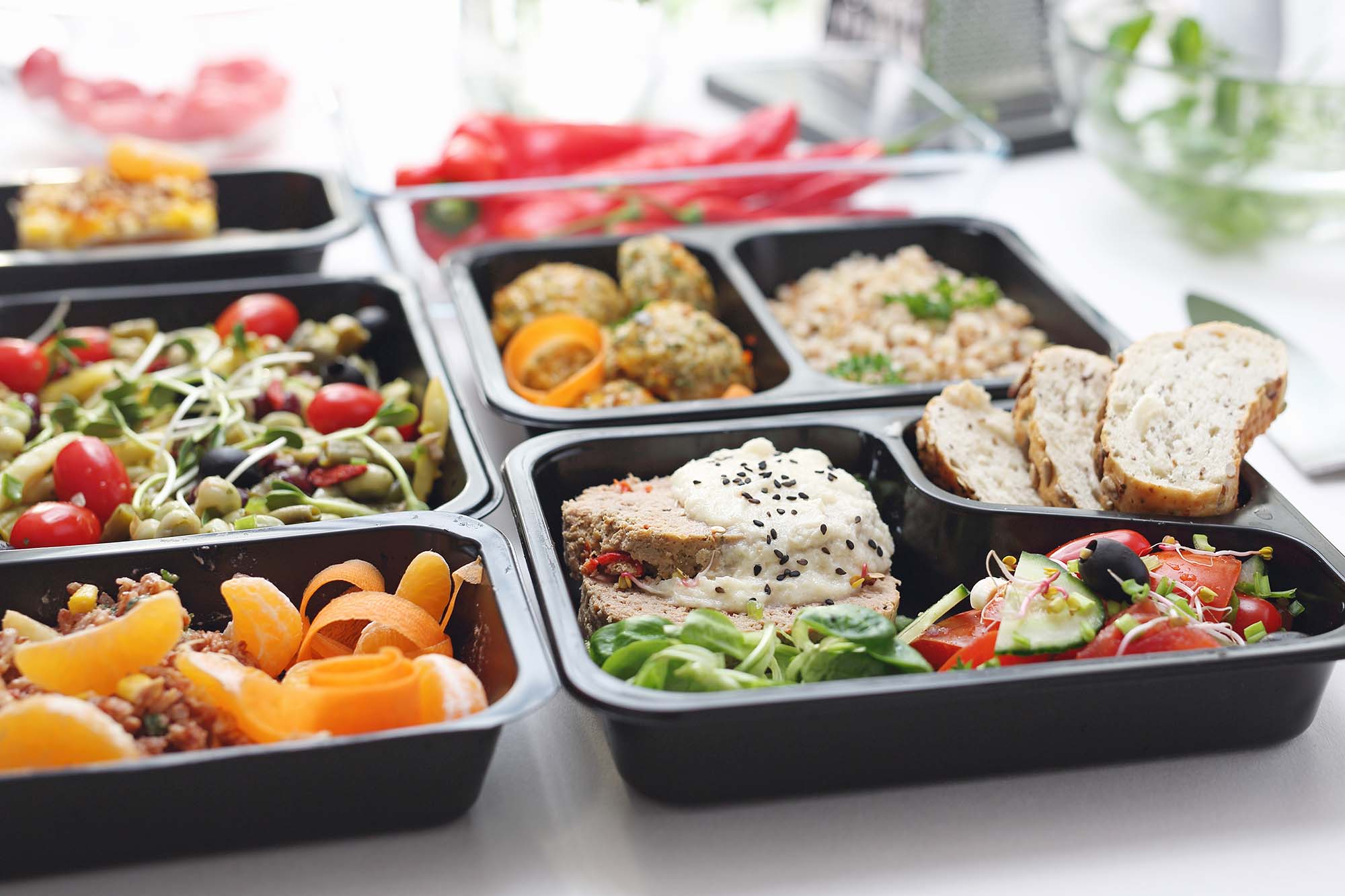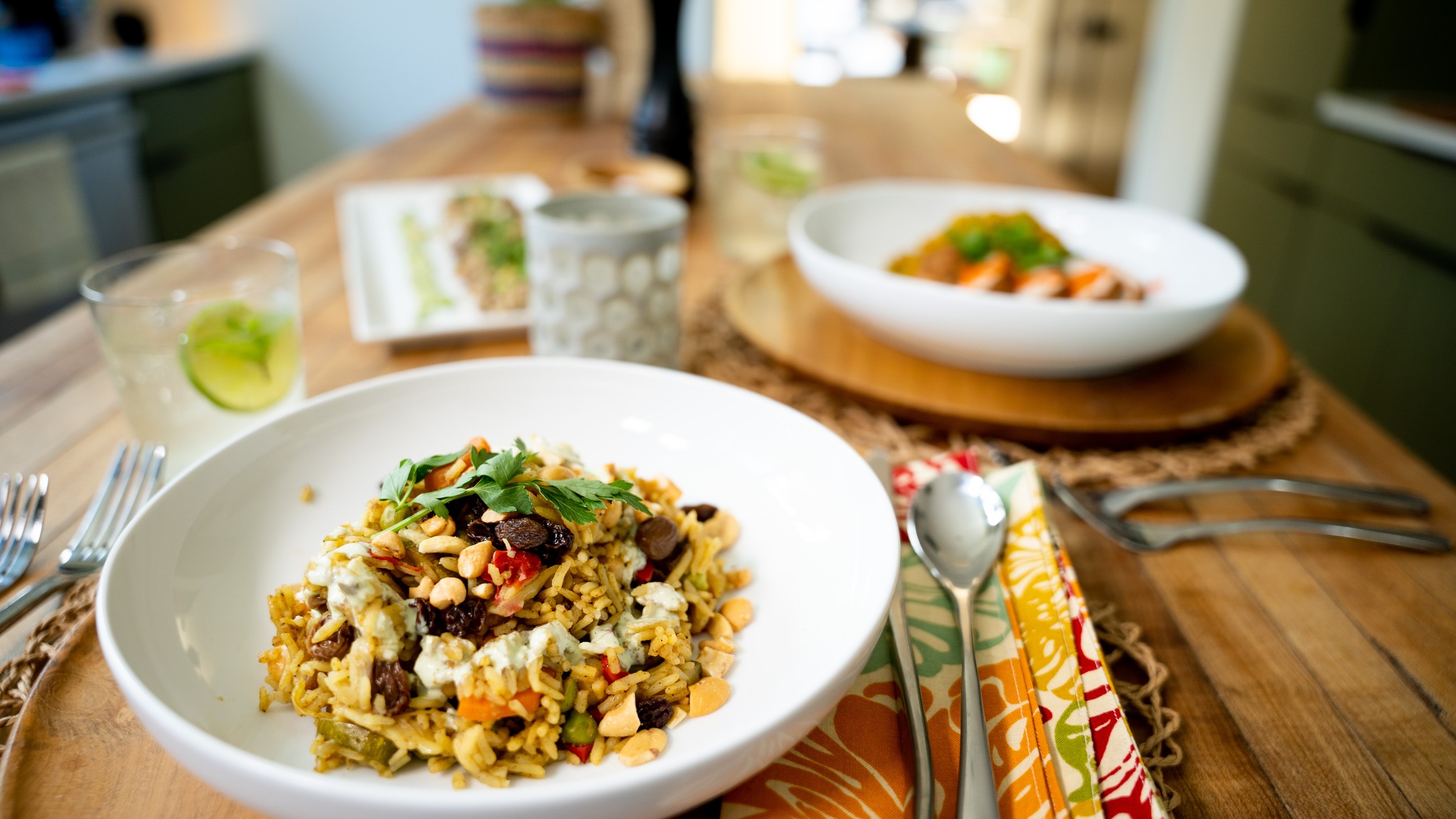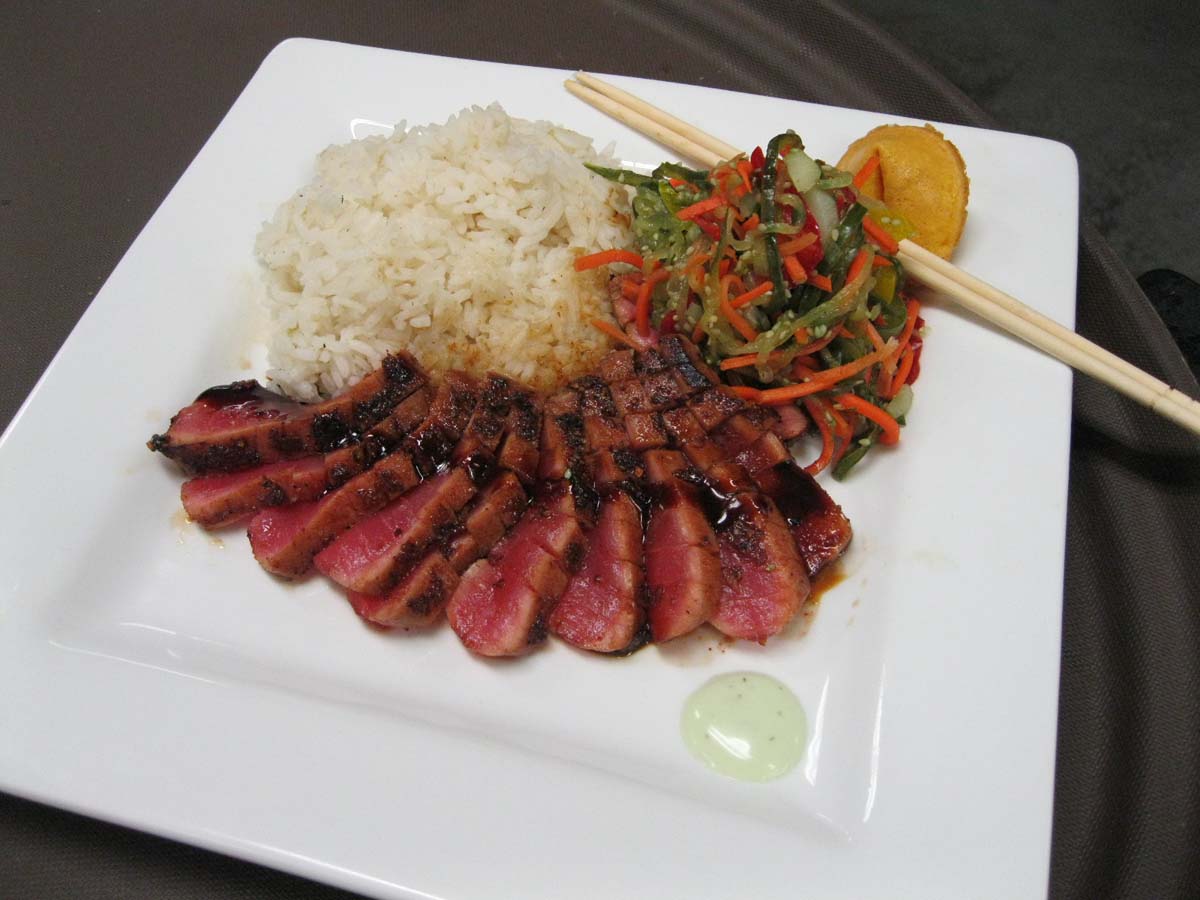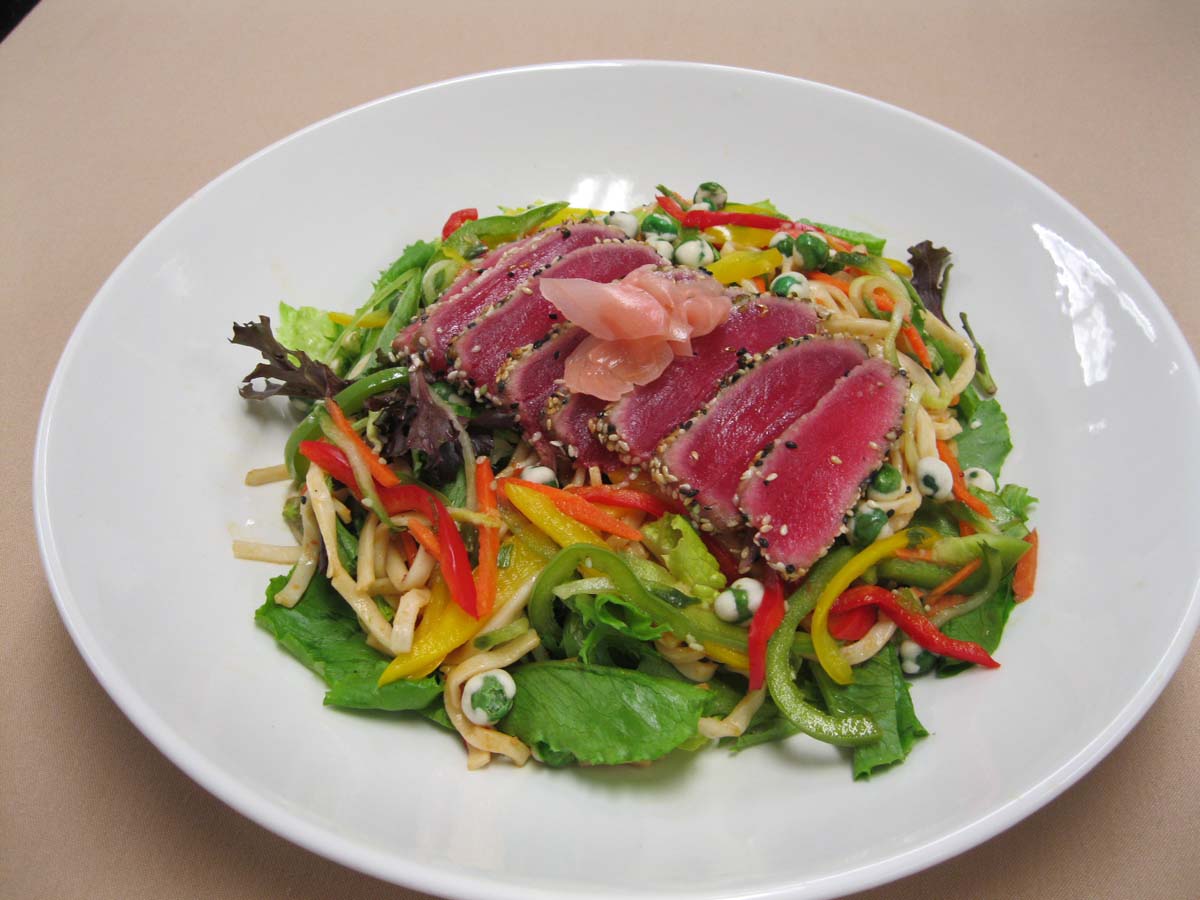Foraging: the searching for and exploiting food resourcing.
To Forage: the act of foraging
Example: (1) we went foraging last week end (2) we foraged these last weekend
Harvesting wild food is one of the oldest and most basic human activities. In today’s society these skills are being relearned as the popularity of foraging is growing.
The hunters and gatherers of ancient civilizations understood the importance of acknowledging resources close to home. This once forgotten past time is making a come back and it is no longer questionable to find it as a marketing tool. Menu’s reading ” Locally foraged berries” or ” mushrooms gathered this morning” are everywhere.
Foraging is the missing link in today’s modern civilized cultures; it is a direct physical connection, in the form of sustenance, that brings us to our deepest appreciation and understanding of the natural world. To pick and clean everything from brush to berries is humbling and connects us to our ancestry.
However, a foraging chef must be cautious; our ancestors spent time studying and noting the grains, fungus, berries, and leaves of the forest and fields. They knew which ones were poisonous and which ones were nutritious. This is not to say they were always right, given the belief that a bitter or sour flavor usually meant stay away while sweet flavors were meant for eating. Yet the danger is still prevalent. It is important to track your crop and to identify before consumption. Knowledge is power, and when it comes to foraging the more knowledge you have the more productive your forage can be.
Local harvesting requires practical and moral consideration, books and blogs alike have begun to document some of these foraging ethics and etiquette. Foragers must be mindful of the sources they choose to pick in, below are some considerations
- Asking permission: always ask permission no matter where trees or bushes are located, it may be a public space or private land.
- Decide then Pick: think of how much you will be able to carry or consume before you pick
- Harvesting Impact: last thing you want is to damage the source so consider picking with a selective mind. Feel free to water a public source to help bring next years crop.
- Chemical Contamination: major metropolitan communities have potential for contamination. Engage in conversation to ensure crop is safe
- Consider the Law: some towns or communities have regulations pertaining urban forestry practices, make sure you check and abide your local regulations
Fore more information or recipes on menu development based around foraging and urban harvesting contact Contact Chef Services group.

